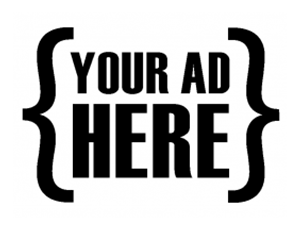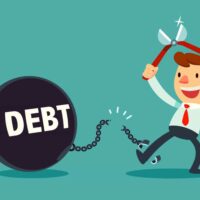How to Get Out of Debt

With the widespread adoption and easy access to credit, the online and demanding money loan industries have suggested the test of time and its effects on both individuals and the economy. The clarity of the current economic condition and sudden spike in cash advance loan use indicate one. Overall, the economy today is dominated by debt that fuels consumption. In most cases, credit cards are the most notable debt in the average American household. Not only do they have the highest interest rate, but eventually, these cards take away more than they bring in. Revolving credit is something we know, have learned, love, and try to justify, however only too after its payoff in the form of monthly bills.
When the charges have been paid, and in many times they are, the short-term loan, cash advance loans, payday loans, in particular, can be financially attractive. The costs are so minimal; many times, with payday loans, you will see the cost as being so low as to be worth it for the convenience and a quick payoff. This is especially true where one considers the low-interest rate or no interest payment required. But before you jump and take on a loan, look at all the options.
If you already have a debt load, you will want to take a look at debt consolidation loans; whether credit cards, short-term loans, or home equity loans. There are programs that are designed to help people get out of debt and free up certain measures of stress. Prior to exploring these options, look at some of the possible loan payoffs to determine, in turn, how much is a good use of the money.
*Can you cut back on any of your expenses? Are there some services that you will find useful?
*Can you use your savings to handle part of the loan? Or, can you pull money out of your interest-bearing savings?
*From rewards, can you shop for a new car instead?
If the cost of credit will make the purchase prohibitive, then you may want to explore options to bolster your credit score instead. Right now, if you want to file bankruptcy, you must have a lawyer’s certificate to prove that you are qualified. Otherwise, you will have to go through the state- mandated credit counseling. This costs around $100-$125. You will also need to surrender the deed to your home when you file and may also need to surrender any property, vehicles, and real estate you may own. These are generally considered secured debts, and some lenders will take an interest in your home during repayment. Look at the costs and your income level; the best option is to right-size, reduce expenses by giving up a few unnecessary services and tailor the debt-making tools list, to fit your unique situation.
Then, there are a couple of different ways to look at borrowing money. First of all, if you’ve already got into debt trouble, this one should be considered last. Don’t borrow any more money until you’ve cleared up the mess you are in. The little decisions you make, such as those aforementioned payday loans and credit cards, can end up costing you the most in the long run. Speaking with a lawyer or using online resources to help balance your budget are great ways to reign in your spending.
However, if you have no other options, you should be proactive and look at your options. The money you can hold back for a month or two and allow for an emergency fund should be something you were planning on doing anyway. Consider it an investment in your future, that’s all.







